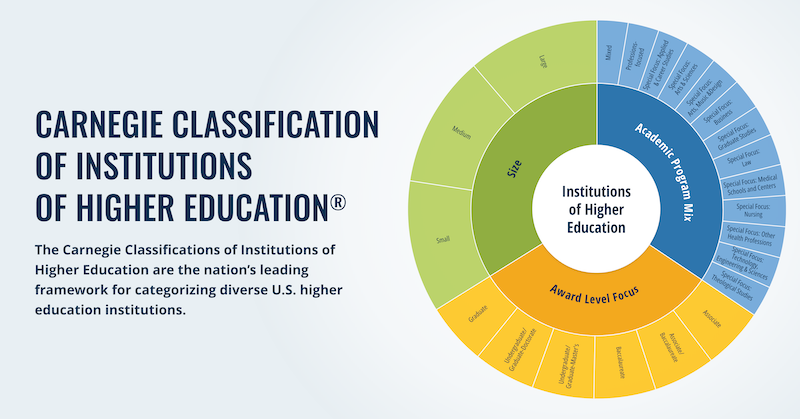90–Day Cycles and Improvement Research
In a recent Education Week article, representatives from private and government organizations concerned with education research lined up behind the 90-day cycle model, developed by the Institute for Healthcare Improvement (IHI) in Cambridge, Mass., as a way to accomplish “deep-dive, quick turnaround” education research.
Carnegie leadership spent a week at IHI last year, and after our own “deep dive” into 90-day cycles, has a team in place, has completed its second round of cycles and will begin another round this month. This work has proceeded with coaching from IHI staff. It is part of Carnegie’s new mission to cull insights from high performing improvement organizations like IHI, as well as to assume a leadership role as thought partners and conveners to assist others interested in similar work. For example, we’ve worked closely with the Knowledge Alliance for the past two years, leading conference sessions and hosting forums.
The 90-day cycle process, one of a number of improvement research strategies that Carnegie is hoping to seed in the education research community, consists of three phases: (1) a scan of the field distilling the knowledge of scholars as well as practitioners, (2) a focus on particular front line theories to refine and test understandings about what works, and (3) working to ensure the take-up and use of the findings by appropriate parties.
For example, a 90-day cycle recently completed by the Carnegie team examined how to get students into the right initial community college math class. The failure of extant placement, advising and registration processes to get students into the right class is often cited as a reason that many students don’t finish their college math requirements. Understanding the key drivers within this placement process is important knowledge to inform one of the first problems of education practice Carnegie is addressing, which is to significantly improve the alarmingly high failure rates of students currently placing into developmental math. Following the 90-day cycle, the team was able to come to conclusions and provide recommendations that could be forwarded to a collaboratory of nineteen community college campuses working with Carnegie. These performance oriented and improvement minded colleges then would be able to test new routines to build validated models of more effective practice.
90-day cycles are just one of a number of tools used within the Carnegie approach to education research and development, collectively called Improvement Research. Carnegie is working to develop a conceptual framework for organizing the basic rules of a new game, one that refashions our sense of who best to participate in education R&D (and how), how to define and carry out its work activity, as well as how to structure the institutional environs of educational R&D to support much more productive ends. We see the need for a rigorous, problem-centered and improvement-oriented capacity for education inquiry, one that focuses on high leverage problems of practice. And these problems must be real and felt problems set in the day-to-day work of practitioners who see their goal as improving teaching and learning.
Carnegie President Tony Bryk has often said that we continue to repeat the tragedy of local innovation “dying on the vine.” What is clearly needed and what Carnegie is developing and promoting is a R&D infrastructure that allows us to cull and synthesize the best of what we know from scholarship and practice, rapidly develop and test prospective improvements, deploy what we learn about what works in schools and classrooms, and add to our knowledge to continuously improve the performance of the system. This is Improvement Research. Carnegie will continue to be an advocate for tools like 90-day cycles that will allow us to better formulate questions and come up with, test and disseminate the answers to those questions more quickly than is now the case.
As the Education Week article notes, the lack of relevance and the slow pace of traditional education research is not much disposed to confront problems that bedevil practitioners most or to keep up with needed transformations in providing the foundation for student learning in a fast-changing environment. We think Improvement Research, with its nimble networks of research and practice communities genuinely working together, shows promise. We’ll write more as this work progresses.
October 12, 2010
Last year, Carnegie engaged Jennifer Zoltners Sherer from the University of Pittsburgh to work with a team of Carnegie staff to explore the potential of math intensive programs as a strategy for addressing the failure rates of developmental mathematics students in community colleges. These math intensive programs include boot camp…
February 3, 2011
A New Look at Scale and Opportunity to Learn “There still remains room for optimism in technology’s ability to transform education, in part, because of its almost unique role in enhancing all students’ opportunities to learn,” write Carnegie Senior Partner and University of Pittsburgh professor Louis Gomez, Carnegie Visiting Resident…






